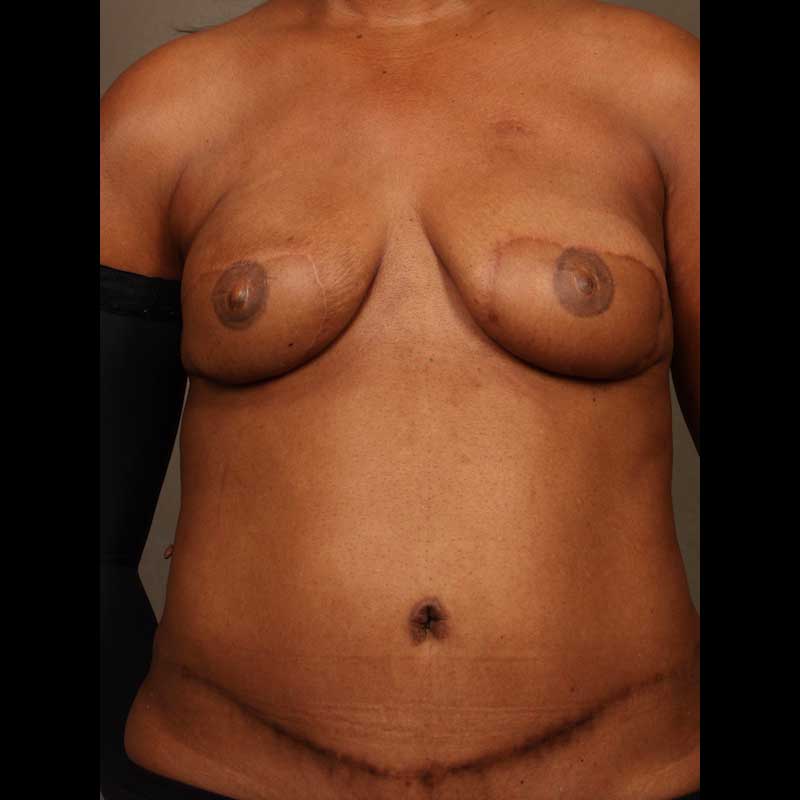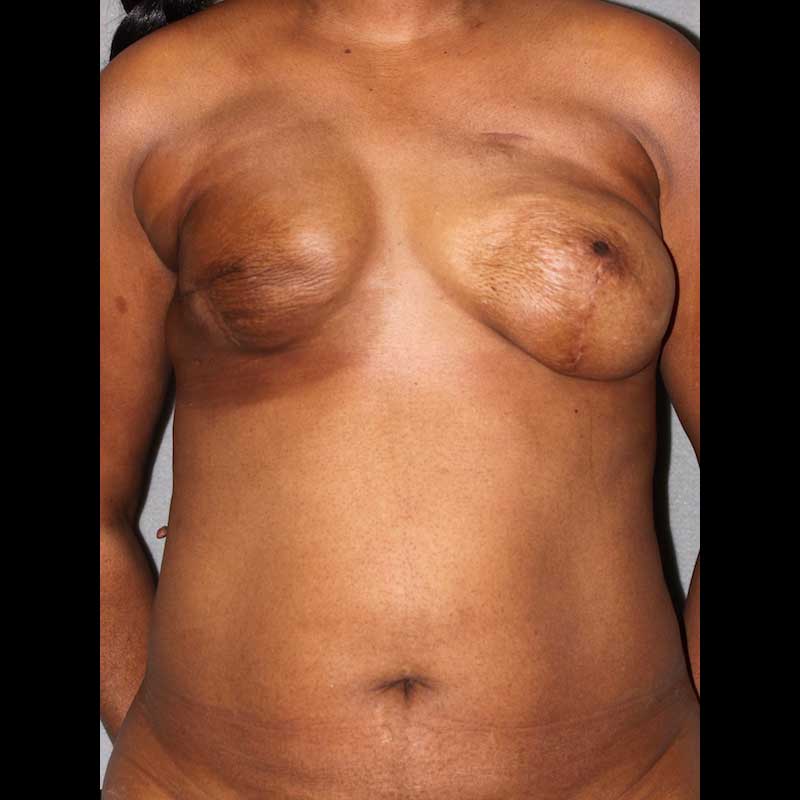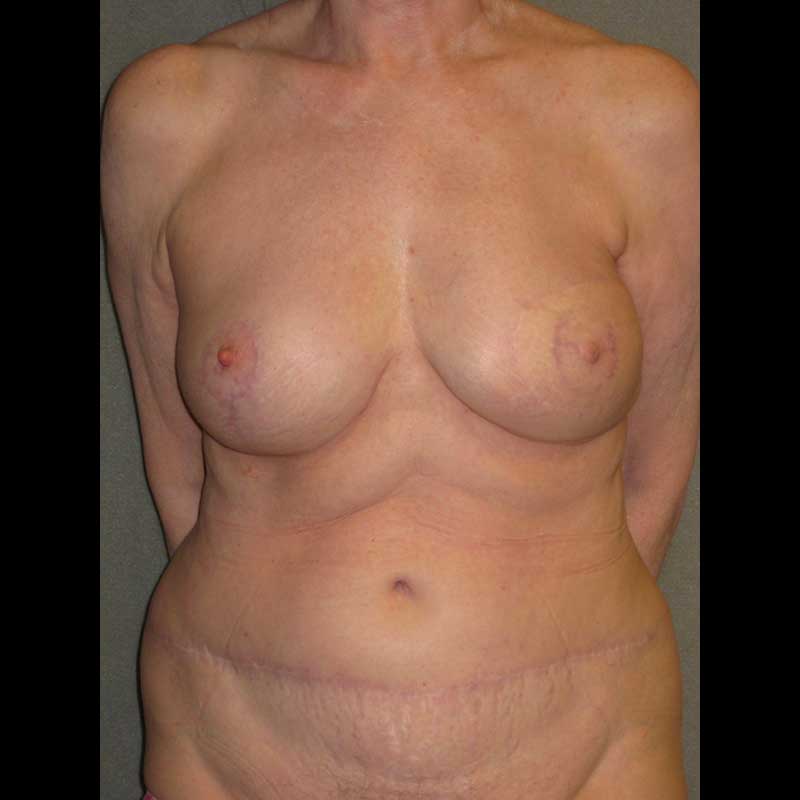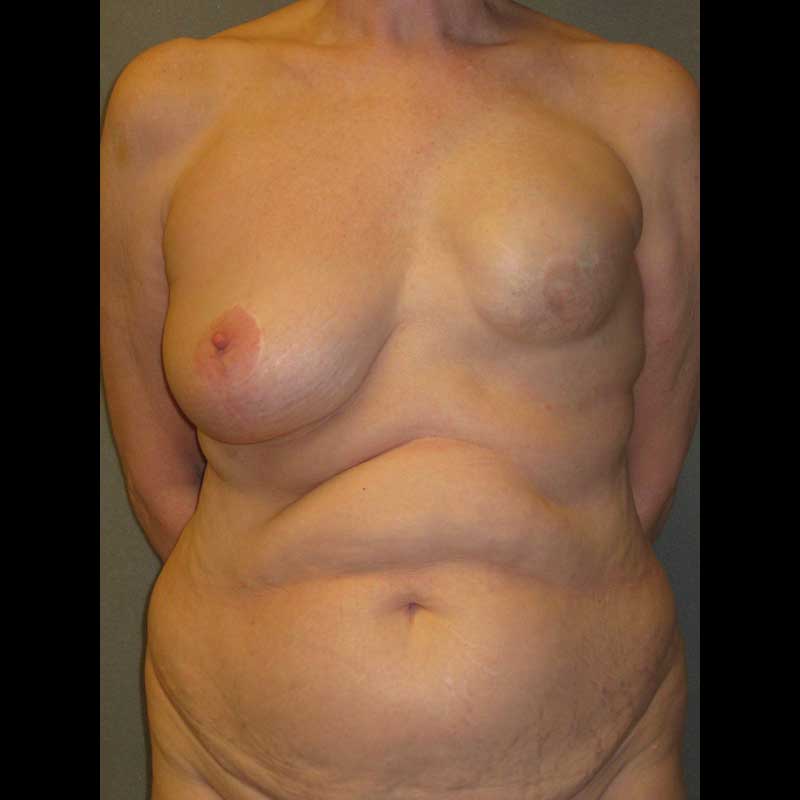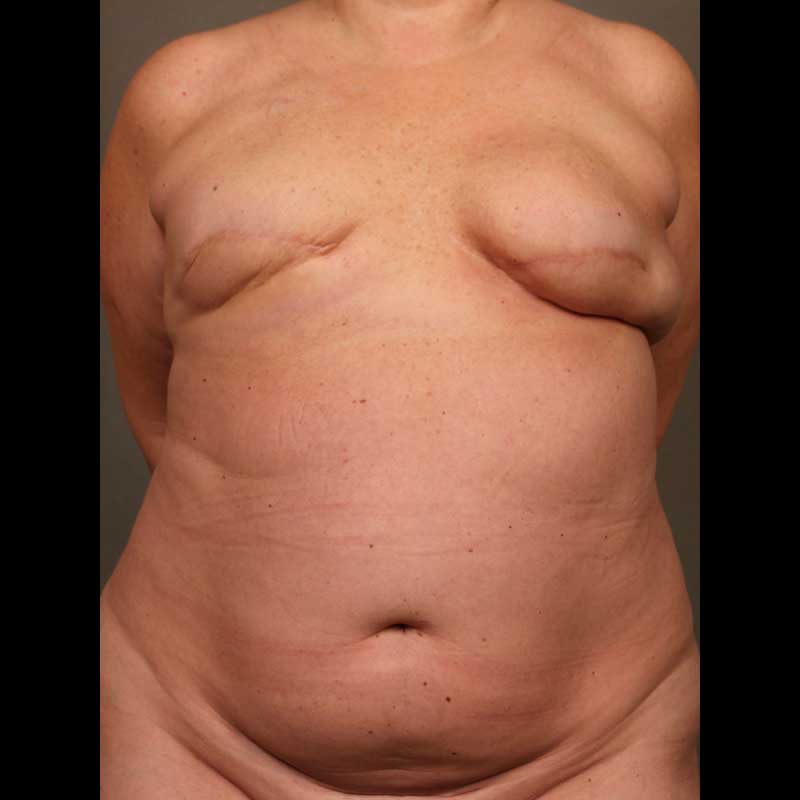Summary
Implant related complications, including infections, deflation, leakage, and capsular contracture–a tightening of the normal capsule that forms around an implant– are the most common reasons for breast implant removal. Some women choose to remove their implants and undergo corrective surgery, because they are dissatisfied with the appearance of their breast reconstruction.
There are several options for corrective surgery at the time of implant removal, depending upon your unique situation. Most women who need to remove their implants choose to complete their breast reconstruction with new implants or undergo natural-tissue breast reconstruction. Although it is unusual, some women decide to remove their implants without replacing them or completing a new breast reconstruction.
The surgeons at NYBRA Plastic Surgery are dedicated to providing the best possible breast reconstruction outcomes. If you are unhappy with your breast reconstruction or you think that your breast implants need to be removed, let one of our surgeons work with you to determine your next steps and which approach to breast reconstruction is best for you.
Types of procedures
- Capsulectomy and breast implant removal: When a breast implant is removed, the capsule surrounding the implant may need to be removed at the same time. This is called a capsulectomy.
- Breast implant removal with implant replacement: In most cases, when an implant is removed, breast reconstruction can be completed by placing a new implant.
- Breast implant removal with natural-tissue breast reconstruction: In many cases, it is also possible to complete a natural-tissue flap breast reconstruction after implant removal.
- Breast implant removal without replacement: If needed, or if desired, a breast implant can be removed without replacement or further breast reconstruction.
Procedure details
- In most cases incision for implant removal is made through previously healed scars
- Capsulectomy may be required if there is capsular contracture or if the capsule around the implant is abnormal
- If reconstruction with a new implant is completed, the implant may be placed in a different position either over or under the pectoralis muscle
- When natural-tissue flap reconstruction is chosen after implant removal, the flap is positioned over the pectoralis muscle
- Recovery depends on the type of reconstruction chosen after implant removal
- Implant removal without replacement may require removal of excess loose skin, resulting in a flat chest contour
Risks & Benefits
Risks of implant removal surgery depend on whether or not the patient chooses to have a new breast reconstruction at the same time. If new implants are placed, the risks are the same as they might be following immediate implant breast reconstruction after mastectomy. Similarly, if the patient chooses natural tissue reconstruction after implant removal, the risks are similar to those of flap procedures after mastectomy. Implant removal without replacement is typically done as an outpatient procedure with minimal risk.
If you are unhappy with your implant reconstruction, implant removal with corrective surgery can improve your breast reconstruction outcome. However, if you make the personal choice to remove your implants without further reconstruction, we will support your decision both physically and emotionally.
Frequently Asked Questions
How do I know if my implants need to be removed?
Patients with breast implants of any type should have routine breast examination follow-ups with their doctor annually. If you feel any abnormality in your breast implant, or if your doctor suggests to you that there may be a problem, you may need to have further evaluation to determine whether your implants need to be removed. Periodic breast ultrasounds or MRI’s can help monitor silicone gel implants.
I am worried about breast implant associated anaplastic large cell lymphoma (BIA-ALCL). Is there anything I need to do?
An association between Biocell textured breast implants and BIA-ALCL has been identified. While some women have decided to remove their implants for this reason, it is not clear that implant removal is required in all women with Biocell implants. The FDA provides updated guidelines for physicians and patients regarding BIA-ALCL. Women with no symptoms or without any physical findings on examination may decide to continue to monitor their implants. If you are concerned about your implants, one of the surgeons at NYBRA Plastic Surgery can help you evaluate your situation to see if you may benefit from implant removal surgery.
